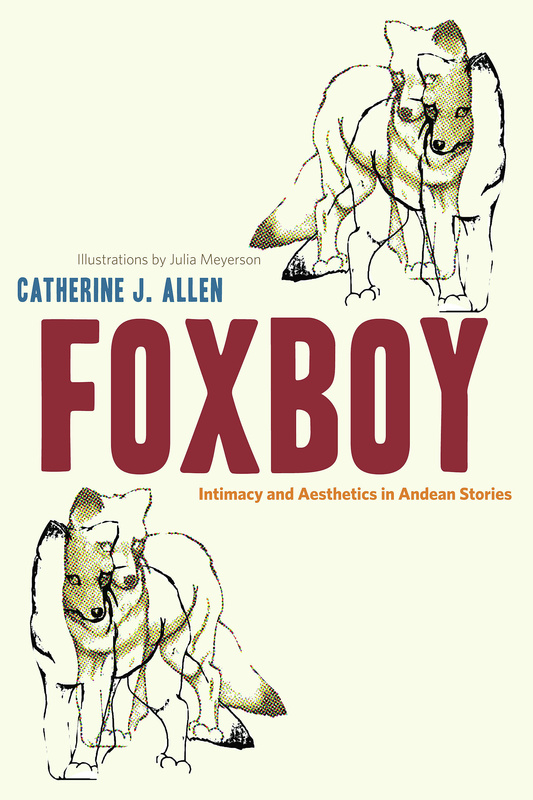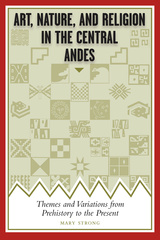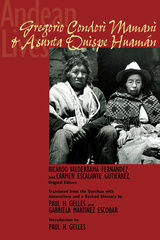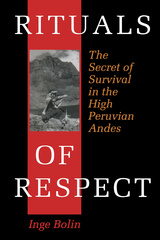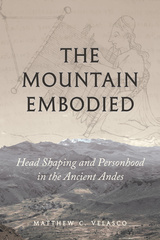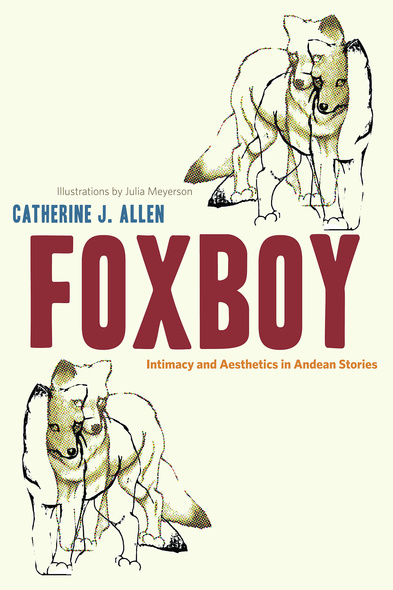
Foxboy
Intimacy and Aesthetics in Andean Stories
Once there was a Quechua folktale. It begins with a trickster fox's penis with a will of its own and ends with a daughter returning to parents who cannot recognize her until she recounts the uncanny adventures that have befallen her since she ran away from home. Following the strange twists and turnings of this tale, Catherine J. Allen weaves a narrative of Quechua storytelling and story listening that links these arts to others—fabric weaving, in particular—and thereby illuminates enduring Andean strategies for communicating deeply felt cultural values.
In this masterful work of literary nonfiction, Allen draws out the connections between two prominent markers of ethnic identity in Andean nations—indigenous language and woven cloth—and makes a convincing case that the connection between language and cloth affects virtually all aspects of expressive culture, including the performing arts. As she explores how a skilled storyteller interweaves traditional tales and stock characters into new stories, just as a skilled weaver combines traditional motifs and colors into new patterns, she demonstrates how Andean storytelling and weaving both embody the same kinds of relationships, the same ideas about how opposites should meet up with each other. By identifying these pervasive patterns, Allen opens up the Quechua cultural world that unites story tellers and listeners, as listeners hear echoes and traces of other stories, layering over each other in a kind of aural palimpsest.
Visually, the interior design of the book is attractive, with small illustrations, explanatory insets, and changes in typeface clearly organizing and marking multiple modes of oral performance and scholarly discourse. The University of Texas Press is to be lauded for recognizing the need to print the book in this fashion…As such, Foxboy is highly commendable.
Catherine J. Allen is Professor of Anthropology and International Affairs and Chair of the Department of Anthropology at George Washington University. She is the author of The Hold Life Has: Coca and Cultural Identity in an Andean Community. She received a prestigious Guggenheim Fellowship in 2001 for her research on cultural patterning in Andean art.
- Fringe
- Beginning
- I. A Married Couple
- II. A Fox!
- III. Inner Threads
- IV. Strange Spouses
- V. Listening To Numbers
- VI. Chayrí? And Then?
- VII. At The Base Of A Boulder
- VIII. House Of Damned Souls
- IX. Cannibal Lover
- X. Mamacha
- XI. Inside Out
- Returning
- Fringe

